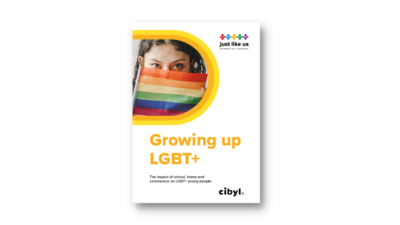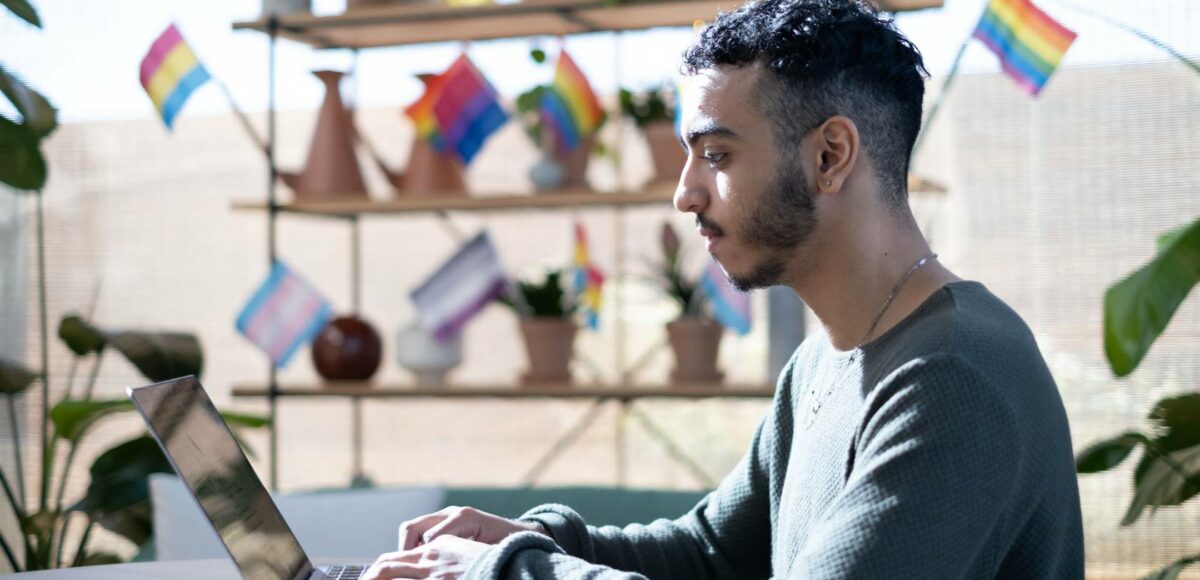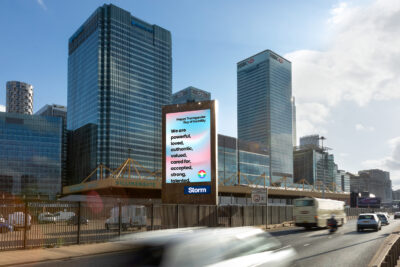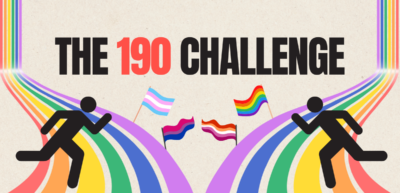
Young adults say pansexual, intersex and trans representation is the worst of all LGBT+ representation in media
News

LGBT+ young adults feel that pansexual, intersex and trans representation is the worst of all LGBT+ representation in the media, according to new research by Just Like Us, the LGBT+ young people’s charity.
The survey of 3,695 adults aged 18 to 25 included 1,736 LGBT+ respondents.
LGBT+ young adults felt intersex identities were least likely to be well-represented in media, with 62% saying they were ‘rarely or never’ portrayed positively.
47% said pansexual people were ‘rarely or never’ portrayed positively, and 38% said the same for transgender people.
15% of LGBT+ young adults who said lesbians were ‘rarely or never’ portrayed positively in the media, and 8% who said the same of gay men.
Non-LGBT+ young adults less aware of negative LGBT+ media representation
Overall, non-LGBT+ young adults were more likely to say that all LGBT+ identities were portrayed positively, for example 11% said that transgender people were ‘always’ portrayed positively in the media.
Conversely, many LGBT+ young adults were more likely to see negative representation of their own identities.
48% transgender young adults said that transgender identities were ‘rarely or never’ portrayed positively, compared to 38% of all LGBT+ young adults, and 24% of non-LGBT+ young adults.
Similarly, 13% of gay men said they were ‘rarely or never’ portrayed positively, compared to 8% of all LGBT+ young adults, and 21% of lesbians said they were ‘rarely or never’ portrayed positively, compared to 15% of all LGBT+ young adults.
The data forms part of a new report by Just Like Us (the LGBT+ young people’s charity) called Positive Futures, due to be published on 1 June. Just Like Us’ research was carried out independently by Cibyl in January 2023 and surveyed 3,695 adults aged 18 to 25.
The report will look at the experiences of LGBT+ young adults in the UK, covering a range of topics from their wellbeing, home life and time in school to their experiences in the world of work.
Positive media representation helps LGBT+ young people feel seen and have hope
Meghzie, 25, a Just Like Us ambassador, said: “As a child, I found solace in books… As children we crave escapism and comfort from the fictional worlds we chose to inhabit.
“If I’d had access to inclusive books as a child, I believe that my teenage years would not have been as confusing and isolating, and I would have had the reassurance that I was not alone and hope that I have a bright future ahead of me.”
“Trans characters have the power to make trans young people like me feel seen.”
— Charlie, Just Like Us ambassador
Just Like Us ambassador Charlie, 24, said: “I didn’t really know that trans men existed when I was growing up, and though I’ve always used films and TV as an escape to explore new worlds and meet new characters, for a long time I never came across a character like me. It felt like I was alone.
“I didn’t know any other trans men in my real life, and was desperate to see someone on screen who was like me… It’s more important than ever that we discuss trans representation, because trans characters have the power to make trans young people like me feel seen.”
“Positive media representation not only helps LGBT+ young people themselves, but also shows the humanity of LGBT+ lives to the non-LGBT+ people around them.”
— Amy Ashenden, interim CEO
Amy Ashenden, interim CEO of Just Like Us, the LGBT+ young people’s charity, said: “All young people need someone to look up to in order to feel positive about their futures, and we hear time and time again from the young people we work with that media representation of LGBT+ identities plays a huge part in helping them to feel seen and valid.
“Positive media representation not only helps LGBT+ young people themselves, but also shows the humanity of LGBT+ lives to the non-LGBT+ people around them.
“I firmly believe that greater LGBT+ inclusion in schools will empower the next generation of creatives to show more complex and powerful LGBT+ lives in media, giving LGBT+ young people the representation they so desperately need.”

